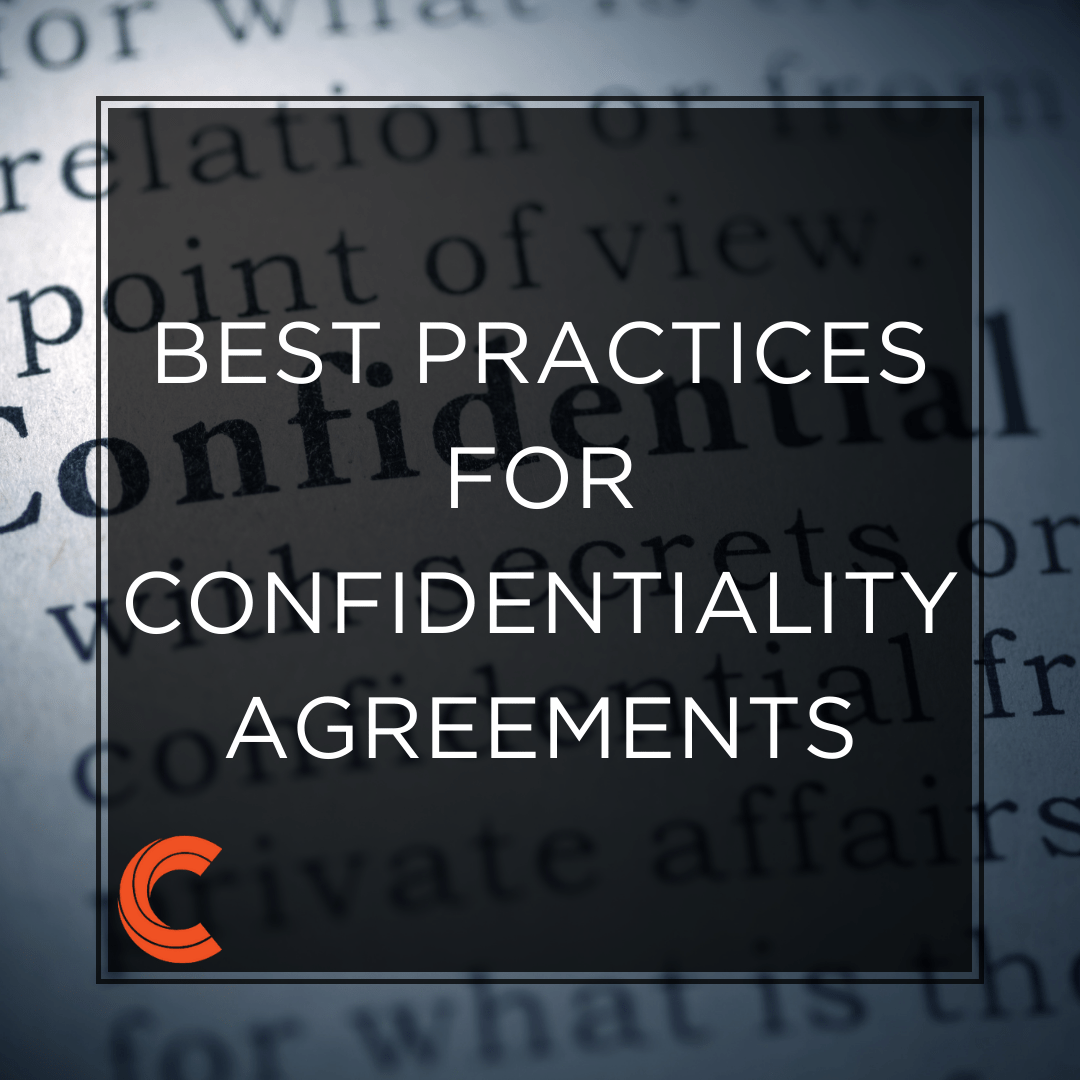In today’s knowledge-driven economy, intellectual property (IP) is a vital asset. It encompasses creations of the mind, like inventions, designs, creative works, and confidential business information. Protecting your IP with Confidentiality Agreements is essential for maintaining a competitive edge and ensuring your ideas are not misused.
A Crucial Line of Defense
Confidentiality agreements, also known as non-disclosure agreements (NDAs), play a critical role in safeguarding your IP. These contracts establish a legal obligation for someone receiving your confidential information to keep it secret.
When to Use Confidentiality Agreements
Consider using confidentiality agreements in various situations:
- Sharing confidential business information with potential investors, partners, or vendors.
- Discussing new product ideas with external parties like manufacturers or consultants.
- Engaging in negotiations where sensitive information might be disclosed.
- Hiring temporary workers who will have access to confidential data.
Key Elements of a Strong Confidentiality Agreement
A well-drafted confidentiality agreement should clearly define:
- Confidential Information: This section clarifies what information is considered confidential. Be specific, including details like technical data, customer lists, marketing strategies, and trade secrets.
- Permitted Use: Outline the permitted uses of the confidential information. Can the recipient only use it for the specific purpose of the agreement?
- Disclosure Restrictions: Specify who the recipient can disclose the confidential information to. Limit disclosure to those with a legitimate “need to know.”
- Term and Termination: Define the duration of the confidentiality obligations. Will the agreement expire after a set period, or remain in effect indefinitely? Include provisions for termination under specific circumstances.
- Return or Destruction of Confidential Information: State how the recipient must handle confidential information upon termination of the agreement. Should they return all physical and electronic copies, or securely destroy them?
- Remedies for Breach: Outline the legal consequences if the recipient breaches the agreement and discloses confidential information without authorization.
Best Practices for Confidentiality Agreements
Here are some best practices to ensure your confidentiality agreement is effective:
- Clearly Define Confidential Information: Avoid overly broad definitions that could encompass publicly known information.
- Tailor the Agreement to the Specific Situation: Adapt the agreement based on the type of information being shared and the level of risk involved.
- Seek Legal Counsel: Consulting with an attorney specializing in intellectual property law, like those at Carbon Law Group, ensures the agreement is legally sound and protects your interests.
- Maintain Clear Records: Document the exchange of confidential information, including who received it, when, and for what purpose.
Enforcing a Confidentiality Agreement
If a recipient breaches the confidentiality agreement and discloses your confidential information, you have legal options. These might include:
- Seeking injunctive relief: This court order can prevent the recipient from further disclosing the information.
- Suing for damages: You could seek financial compensation for losses caused by the breach.
Conclusion
Confidentiality agreements are a powerful tool for protecting your intellectual property. By understanding their importance, crafting well-drafted agreements, and adhering to best practices, you can create a strong line of defense against misappropriation of your valuable ideas and information. Remember, seeking the expertise of a qualified intellectual property lawyer can help you ensure your confidentiality agreements are effective and provide you with the necessary legal support in case of a breach.





